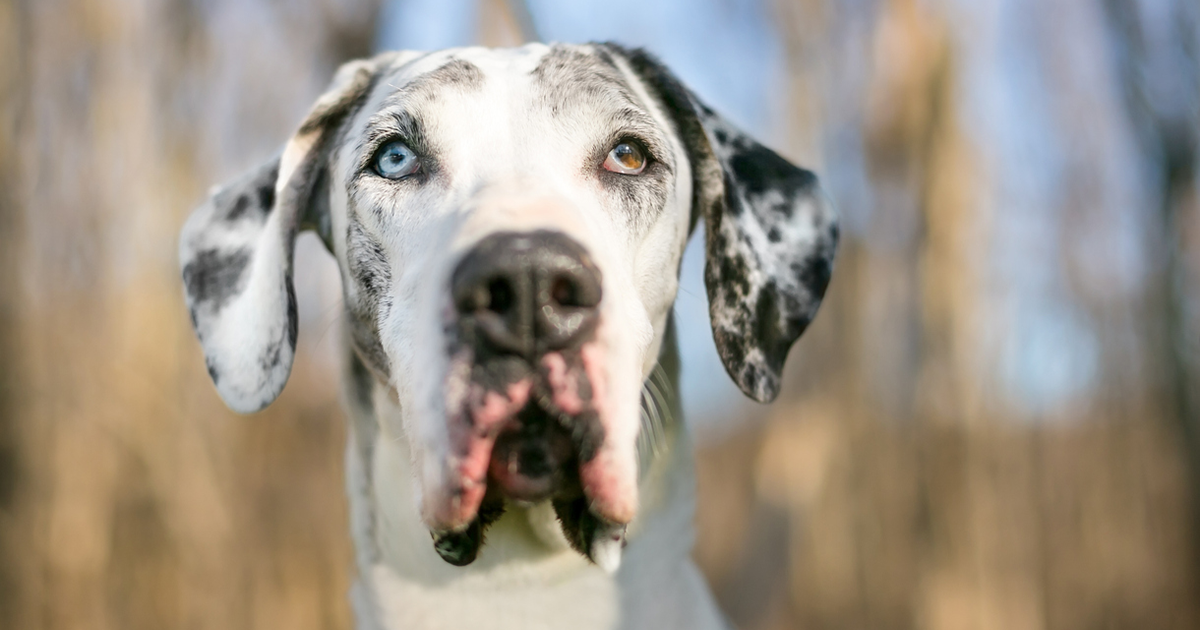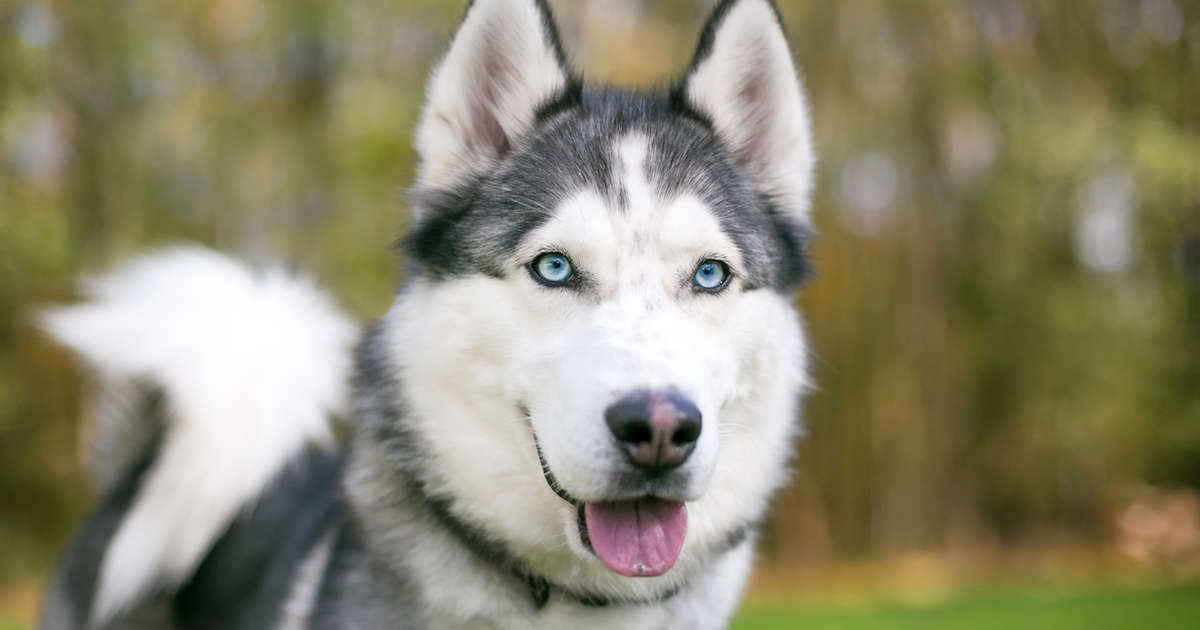At long last Spring has sprung! Whether you’re heading to the beach, hitting the trail, or just hanging out at the dog park, you and your pup are bound to encounter some unsavory allergens. While we can just reach for the bottle of antihistamines, our dogs are too often left to fend for themselves.
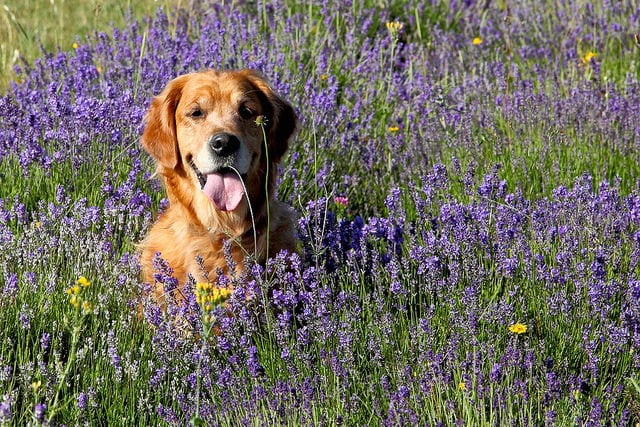

With flowers and trees exploding into bloom, pollen from grasses, trees, and weeds is everywhere. Your dog can inhale these irritants while out on a walk, ingest them when eating grass, or come in direct contact with them while rolling around in the grass.
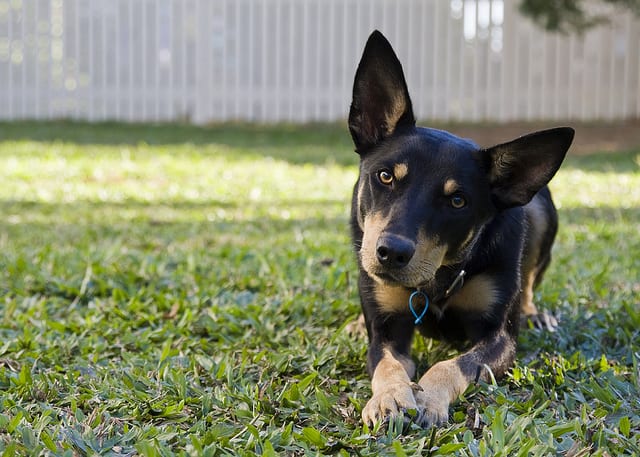

Allergy symptoms in canines manifest themselves in many of the same way ours do. It starts when your dog comes in contact with an outdoor allergen. Their immune system sees this allergen (or allergens) as “harmful” and triggers an “alert” to the body – this “alert” makes their eyes watery, noses runny, and can even cause itchiness that can lead to inflamed skin on their backs and paws.


Although our dogs can’t tell us when they are having an allergic reaction to outdoor allergens, there are a few signs you can look for that may suggest that what they are dealing with is in fact springtime allergies.
Signs of Springtime Allergies:
Itchiness
Inflamed skin
Licking paws
Runny nose
Watery eyes
Sneezing more often than usual
Chewing and scratching excessively
Rashes (in severe cases)
Hair loss from biting (in severe cases)
Luckily, there are some simple and effective ways to provide your dog with some relief this allergy season.


Treatment of Outdoor Allergy Symptoms:
1. Bathe To Wash Away Allergens
This is the most effective way to alleviate immediate relief from itchiness. There are medicated and calming dog shampoos you can use to reduce inflammation. Be careful not to bathe them too much, as this can dry out their skin and worsen symptoms. One to two times per week is a good general rule. In between washes you can wipe them down with a wet towel.


2. Rinse Off Paws When Coming Inside
You may notice your dog licking their paws. This is mostly to clean off allergens, and to calm the itchiness they are experiencing from being exposed. By rinsing off their paws, you will help minimize the amount of allergens they ingest/come in contact with, and the itchiness that comes along with them.
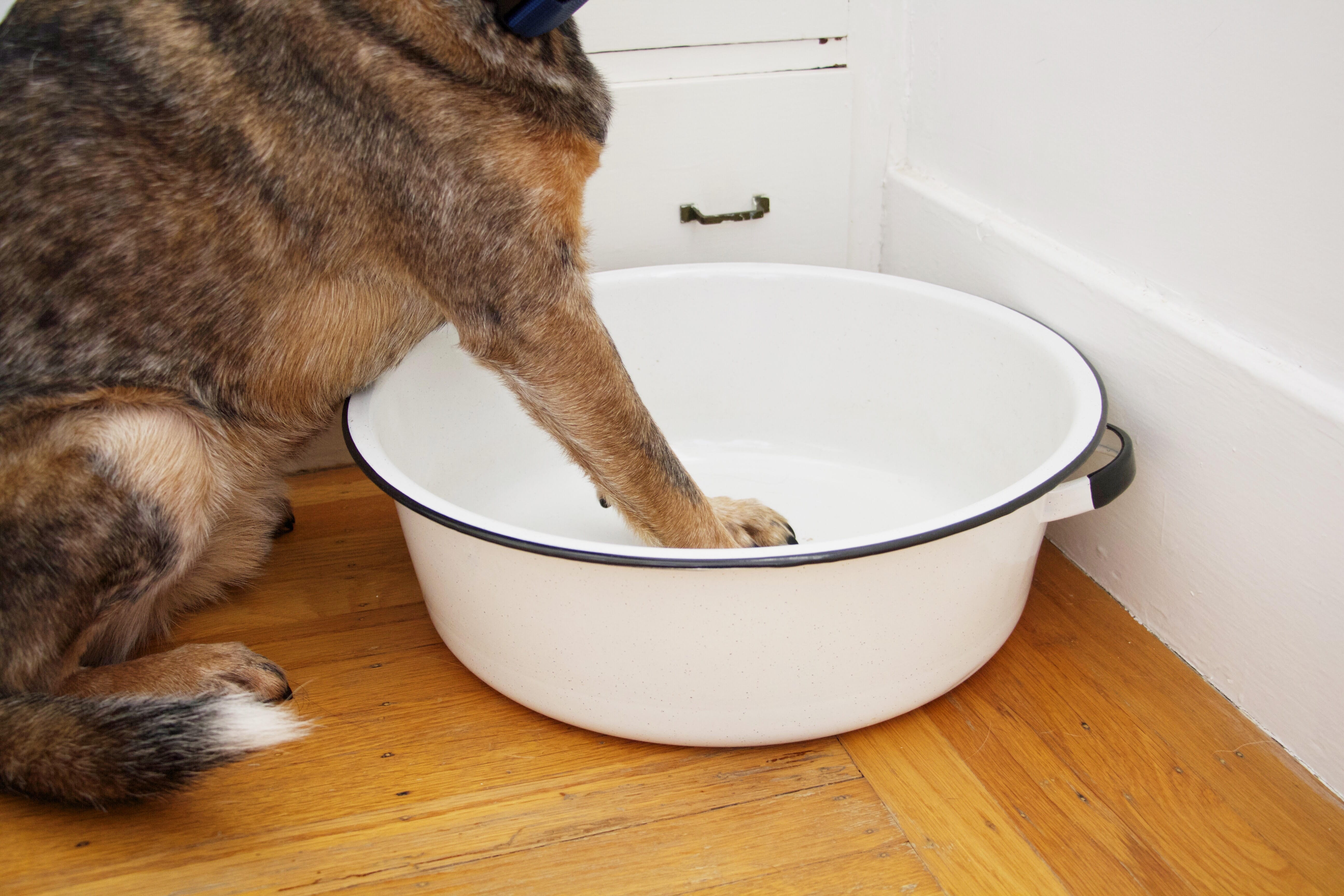

3. Wash Bedding Regularly
Try to keep the places your dog sleeps as free from allergens as you can. Do this by washing their bedding on a weekly basis to avoid build up of pollen, dirt, and other irritants.


4. Keep Carpets And Rugs Clean
To minimize the amount of allergens that are tracked into your house, make sure to vacuum floors, rugs, and carpets often. Since dogs spend a lot of time on these places, they will come in contact with any allergens that are living in the fibers. Vacuums with allergy filters are the most effective in eliminating allergens from your home.


5. Try An Antihistamine
For mild itching, you can give dogs over the counter antihistamines such as Benadryl. Your vet can advise you on the appropriate dosage for your dog. It’s reported that only 30% of dogs benefit from taking antihistamines though. In more severe cases of inflammation, prednisone, an effective corticosteroid may be used as a short term treatment option for canine allergies.
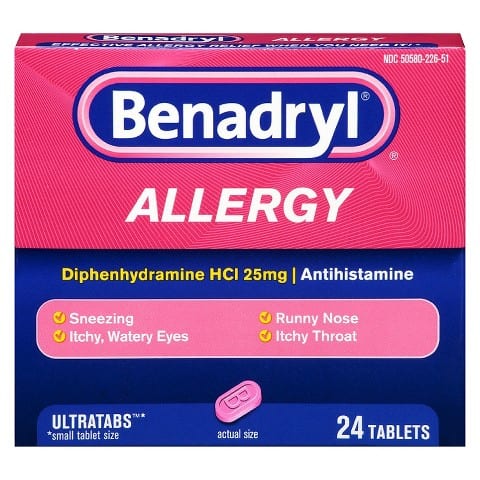

6. Maintain A Healthy Diet
Since allergies are basically an immune system response, it means your dog’s body is working overtime to rid itself of allergens. Make sure to maintain a balanced diet with whole foods in order to keep them healthy and able to fend off allergy symptoms.
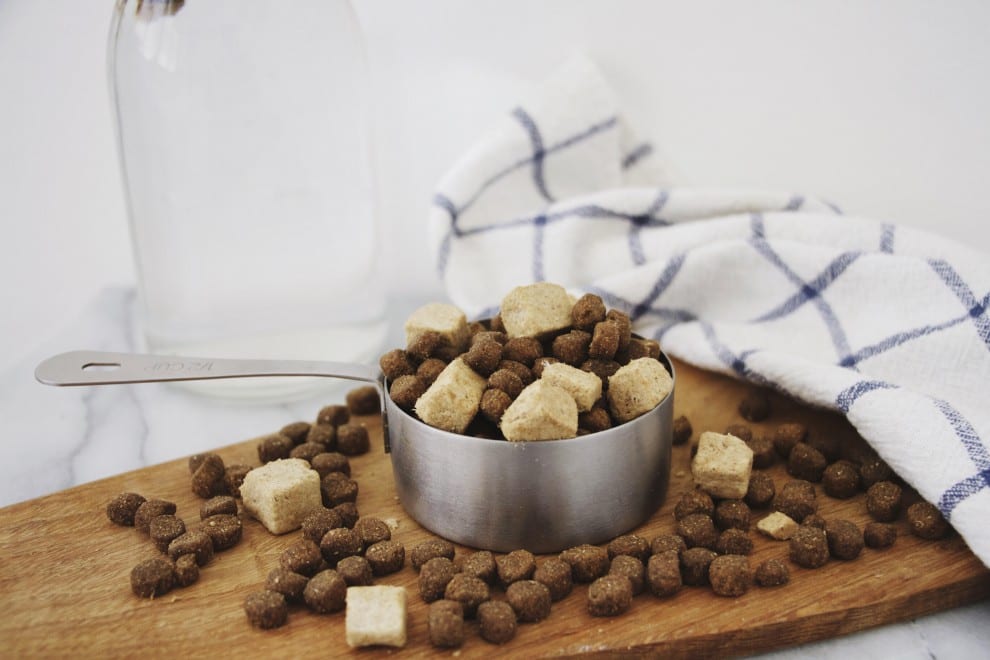

7. Replace Air Filters.
If you rely on an air conditioner, make sure to change the filter regularly to reduce the amount of allergens your dog breathes in while inside.


Watching your dog experience seasonal allergies is no fun. But by following these tips, you’ll be able to alleviate some of your dog’s allergy symptoms. That means more time outdoors without all of the nasty side effects. If you think your dog is experiencing a severe allergic reaction to springtime allergens, talk with your vet to determine the best course of action. Good luck!



